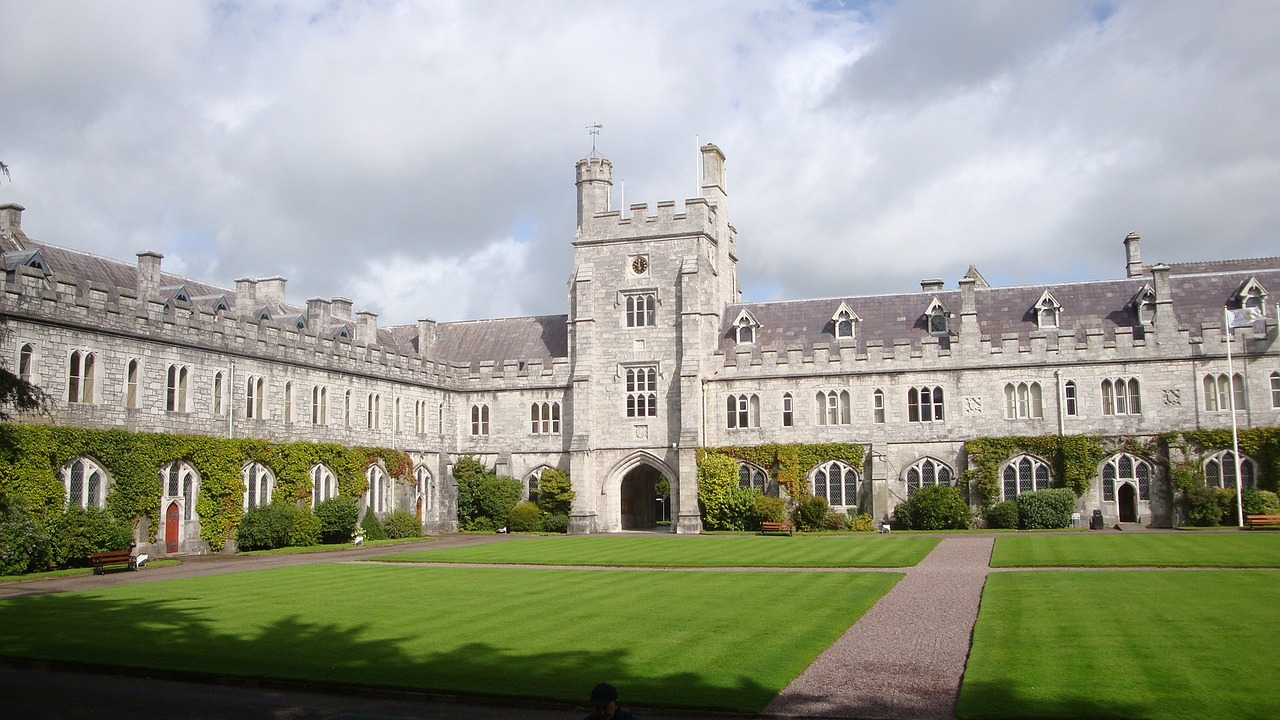Educational Planning: Future Vision
As the world continues to rapidly evolve and technology advances, the role of education in shaping our future becomes more crucial than ever. In order to create a society that is prepared to face the challenges of tomorrow, it is vital that we have a solid educational planning in place. Educational planning not only helps us to provide quality education to our youth but also plays a vital role in shaping their beliefs, values, and skills. In this article, we will explore the concept of educational planning and its future vision.
The Importance of Educational Planning
Educational planning is the systematic process of setting educational goals, curricula, and programs to achieve those goals. It involves a series of steps including evaluating current educational systems, identifying areas for improvement, and designing strategies to bring about change. Educational planning keeps education relevant, efficient, and effective by adapting to the changing needs of society and the workforce.
Future Vision of Educational Planning
The future of education is rapidly changing due to the advancements in technology and globalization. Educational planning must adapt to these changes in order to prepare students for the future workforce. Here are some key aspects of the future vision of educational planning:
Incorporating Technology
Technology has revolutionized the way we live, work, and learn. Educational planning must integrate technology into the curriculum to keep up with the demands of the future job market. This includes not only teaching students how to use technology but also incorporating it into different subject areas to enhance learning. It also involves providing access to digital resources and creating an environment that fosters innovation and digital literacy.
Emphasizing Critical Thinking and Problem-Solving Skills
In the age of information, rote learning and memorization are becoming less relevant. Educational planning should focus on developing critical thinking skills and problem-solving abilities in students. This encourages creativity, adaptability, and resilience, which are essential for success in the future workforce.
Promoting Lifelong Learning
The concept of lifelong learning, where individuals continue to learn beyond formal education, is gaining importance in today’s rapidly changing world. Educational planning should incorporate strategies to promote lifelong learning in students, such as providing opportunities for self-directed learning and skills development, and encouraging a growth mindset.
Introducing Multicultural Education
In a globalized world, it is essential to understand and respect different cultures. Educational planning should include a multicultural education approach, which teaches students about diverse cultures, histories, and perspectives. This helps in developing empathy, open-mindedness, and understanding in students, which are crucial in future leaders.
Promoting Environmental Awareness
In the face of climate change and environmental challenges, educational planning should prioritize promoting environmental awareness and sustainability in students. This could include incorporating environmental education into the curriculum, promoting eco-friendly practices in schools, and encouraging students to take an active role in protecting the environment.
The Role of Stakeholders in Educational Planning
Educational planning cannot be done in isolation. It requires the involvement of stakeholders, including teachers, parents, government authorities, and the community. Teachers play a crucial role in implementing the curriculum and shaping students’ learning experiences. Parents and the community also have a significant influence on students’ values and beliefs. Therefore, their involvement and support in the educational planning process are crucial.
In Conclusion
Educational planning is the key to shaping our future society. It must adapt to the rapidly changing world and keep up with the demands of the future workforce. By incorporating technology, promoting critical thinking, and encouraging lifelong learning, multicultural education, and environmental awareness, we can create a future-ready education system. However, this cannot be achieved without the support and involvement of all stakeholders. Let’s work together to create a better future for our youth through effective educational planning.











